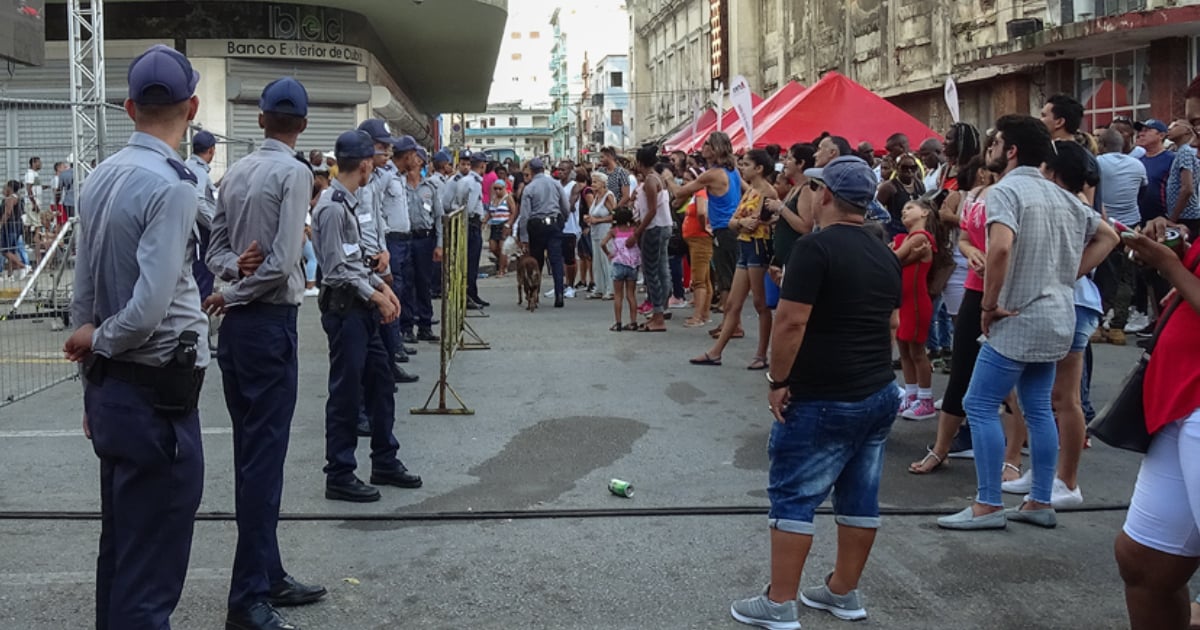The Cuban government has announced a reported decrease in crime across the island, yet acknowledged that this improvement is not perceived by the general public. This sentiment aligns with the daily reports of violence shared on social media platforms.
During a meeting of the Working Group focused on crime prevention and response, the Ministry of the Interior (MININT) presented data to Prime Minister Manuel Marrero Cruz. The figures indicated that although crime remained high through August, there was a decline compared to the same period last year. However, these statistics were not elaborated upon, a common practice. Notably, the provinces of Santiago de Cuba, Granma, Ciego de Ávila, Cienfuegos, and Sancti Spíritus recorded the highest crime rates.
Public Perception Versus Official Reports
"While there are advances in certain areas and indicators, the public has yet to see tangible results. Our efforts aim to address this," stated Marrero Cruz. He added that although some trends suggest progress in combating crime, it will only be evident when the public perceives it.
According to MININT, which claims to have dismantled 34 criminal networks, comprehensive actions to combat livestock-related crimes have led to reductions, albeit insufficiently. A report from the Office of the Cuban Presidency echoes this sentiment. The Prime Minister emphasized, "By intensifying our efforts, we could reach a point where a noticeable decrease in crime and illegal activities is apparent."
Drug Prevention and Social Media Influence
Cuban officials also highlighted efforts to curb drug-related activities, focusing on prevention and promoting zero tolerance. Despite these acknowledgments, Vice President of the Supreme Court, Maricela Sosa Ravelo, recently told the BBC that the perceived insecurity in the country is exaggerated by social media, attributing it to defamatory campaigns allegedly orchestrated by the United States.
These statements align with the regime's consistent denial of escalating violence in Cuba, often dismissing online reports as opposition-led campaigns against the government.
The Reality Behind Closed Doors
An August report from the Cuban Observatory of Citizen Audit (OCAC) highlighted a troubling rise in crime during the first half of 2024. The findings, based on social media and media monitoring, reveal a government reluctant to share crime data transparently, noted Cuba Siglo 21.
In the first six months of 2024 alone, 432 crimes were reported, averaging 2.37 crimes daily, a significant increase over the same period in 2023. The crimes included 91 murders, 260 thefts, 39 assaults, 29 acts of aggression, and 13 classified as other offenses.
These figures indicate a dramatic 152% rise in crime rates compared to the previous year. Notably, there was a 111% increase in murders, a 290% surge in assaults, and a 208% rise in thefts, painting a grim picture of the current state of affairs.
